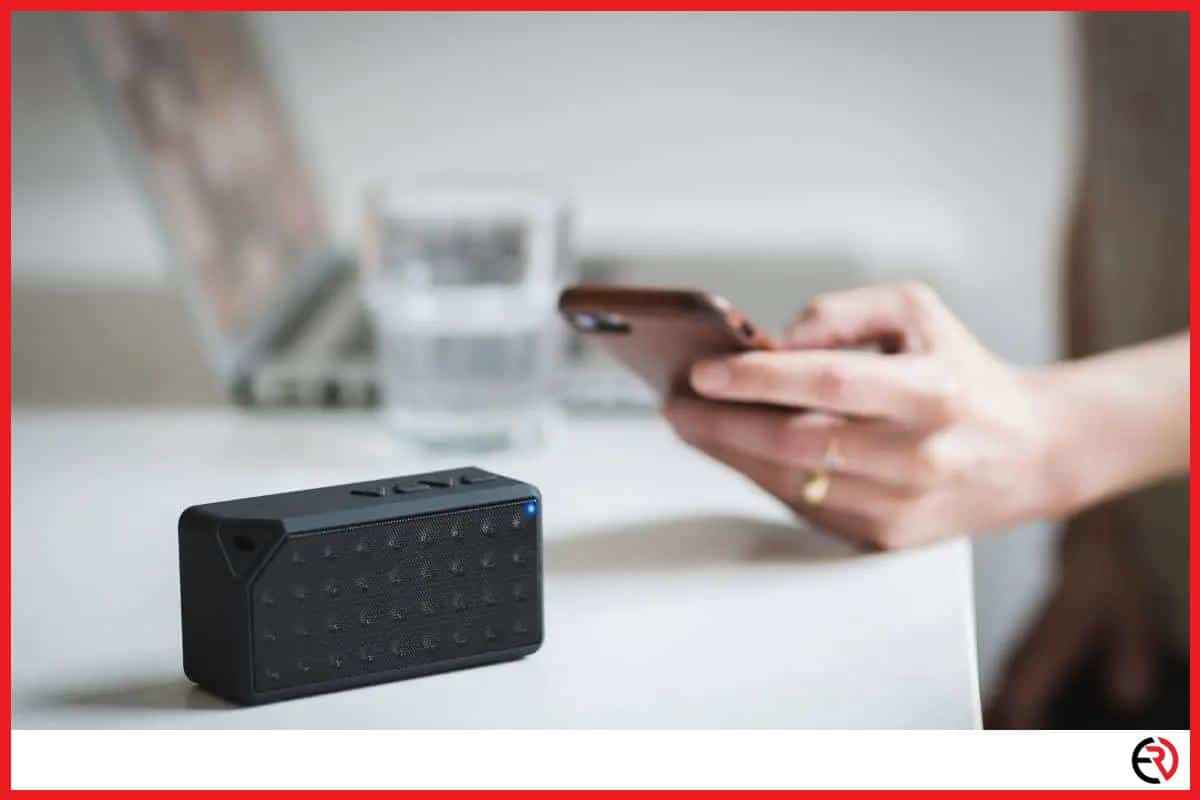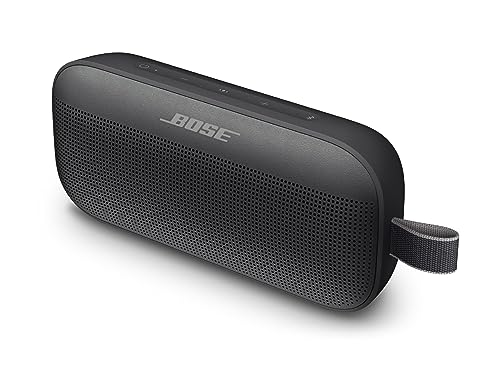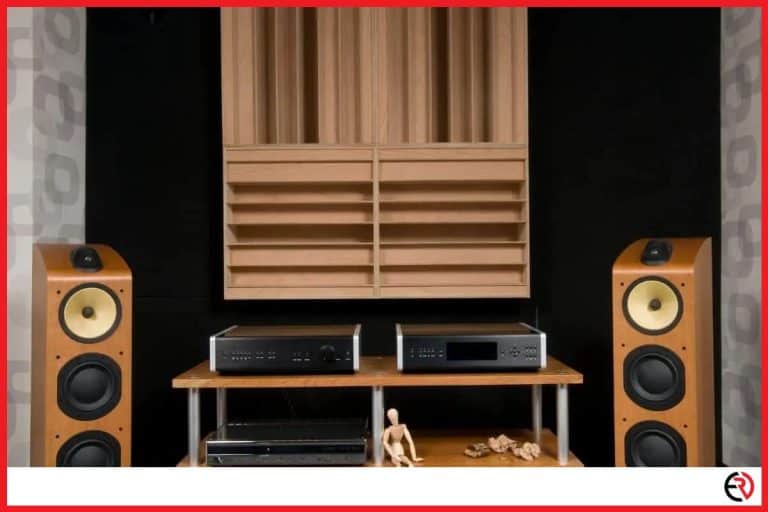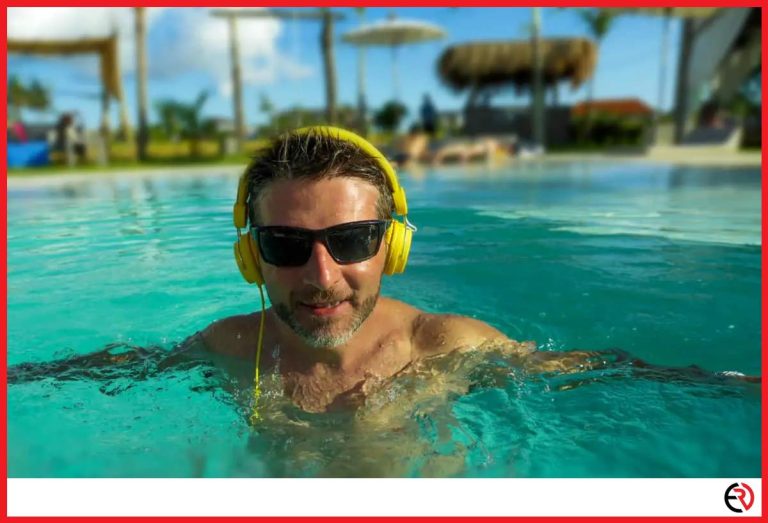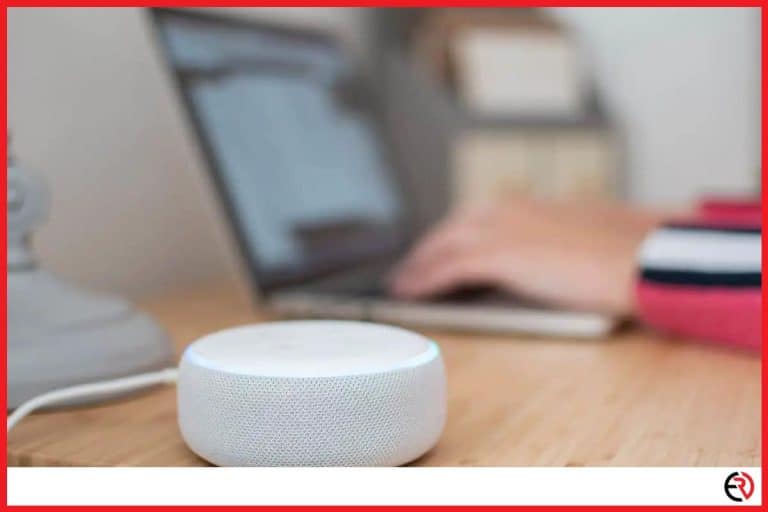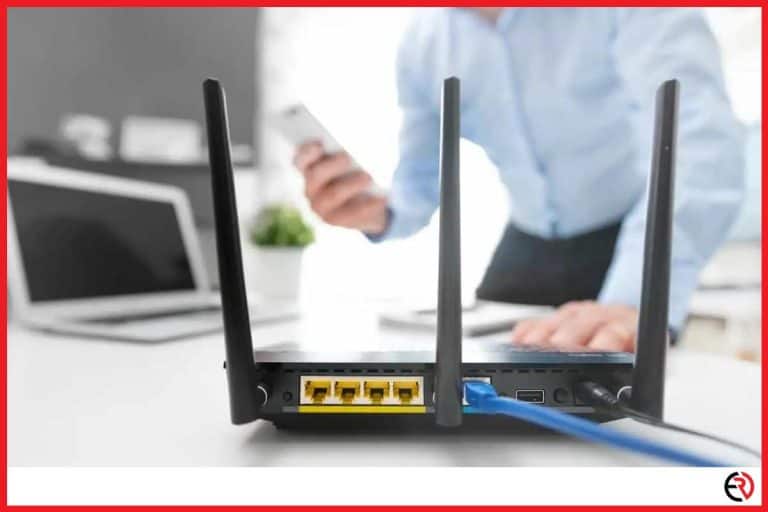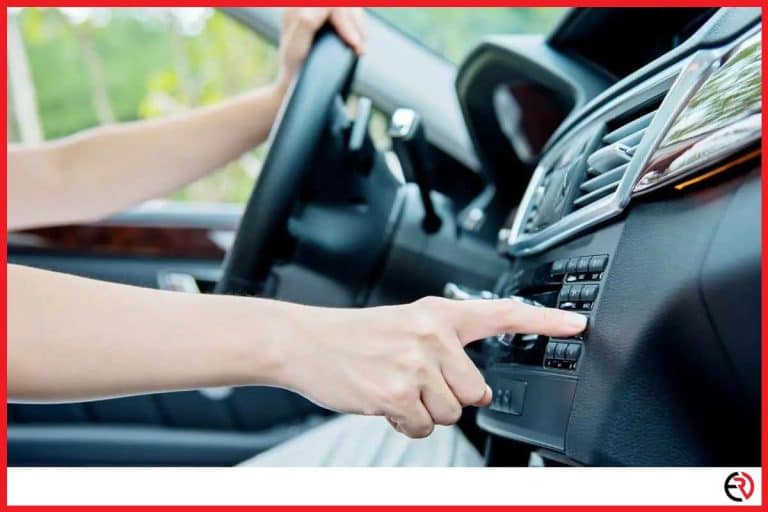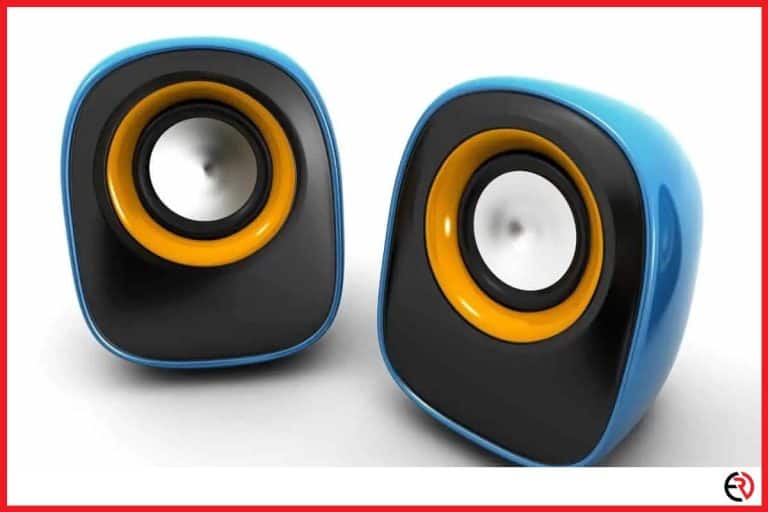6 Reasons Why Your Bluetooth Speakers Sound Distorted (Fixes included!)
This post may contain affiliate links which means that, if you choose to make a purchase, I may earn a small commission at no extra cost to you.
I’m done with my work. I grab a cold bottle of beer from the refrigerator, fire up the Bluetooth speaker, and open the Tidal app on my phone to listen to the soothing voice of John Denver. However, that soothing voice singing to a pleasant set of guitar chords is ruined by a fuzzy and gritty tone from the speaker. My Bluetooth speakers were distorting the music.
Bluetooth speakers may sound distorted due to a bunch of reasons. It may be a hardware problem, a range problem, interference, poor battery life, equalizer boost, and many more. Fortunately, most of those issues can be fixed.
Let’s dive deeper and understand why your Bluetooth speakers sound distorted and how you can fix the issue.
#1 EQ and Volume Boost
Unlike my headphones or home theater system, my Bluetooth speaker doesn’t have a very powerful tweeter. That’s why I always feel the need to boost the volume quite high. Moreover, I always like to tweak the EQ settings and have several profiles for different genres of music. However, these things can distort the sound coming out of the Bluetooth speaker.
When you amp up the volume or change the EQ settings to high gain on certain frequencies, the speaker asks for more power from the amplifier. This isn’t a problem with monitoring speakers or home theater systems since they are always connected to my amplifier. However, no one plugs a Bluetooth speaker into a dedicated amplifier. The integrated amplifier inside the Bluetooth speaker is usually not powerful enough in budget options.
That’s why the Bluetooth speaker doesn’t get that extra power when the EQ settings are tuned a certain way or the volume is maxed out. This is usually not a problem with high-end Bluetooth speakers that use premium quality components. That’s why a Soundcore Flare Mini may suffer from distortion at high volume while a Bose SoundLink Flex may not.
The Fix – You need to turn down the volume or turn off the custom EQ setting. You can also check the speaker sensitivity before you buy your next Bluetooth speaker. It’s the sound output a speaker can create with one watt of electricity. The higher the sensitivity, the louder your speaker can get without distorting the sound.
#2 Low Battery
The battery level of the speaker also has an effect on the quality of audio output. As mentioned above, when you raise the volume, the integrated amplifier needs to provide more power to the Bluetooth speaker. Budget-oriented Bluetooth speakers with lower quality components struggle to deliver power when the volume is too loud.
Your Bluetooth speaker gets all of its power from the battery. When it’s running low on juice, it won’t be able to deliver enough electricity and the sound would be distorted. Moreover, when the battery is low it struggles to deliver power to the Bluetooth module of your speaker. That results in a weaker connection which causes many issues.
For instance, when the Bluetooth module is low on power it causes connection issues that may force your source device to switch to a lower quality audio codec. It can also completely cut sound even if there’s a little bit of juice left in the battery. All these factors contribute to sound distortion.
The Fix – That’s why you need to keep your Bluetooth speakers fully charged before you start playing music. If the battery is low and you still want to play music, plugging it into a power source should solve the problem.
#3 Range
Bluetooth devices have a very limited range when compared to other wireless technology. Even if you have a Bluetooth 5.0 speaker with four times the range of Bluetooth 4.2 you only get an indoor range of around 130 feet. That range takes a further hit since your home is full of walls, furniture, and other obstructions that also weaken the signal.
Check out this article for more about the difference between the different Bluetooth versions.
When my Bluetooth speaker is too far away from my phone or any other music source the weakened transmission between the Bluetooth devices can cause distorted audio output. When they are out of range, the Bluetooth transmission is also more vulnerable to interference.
The Fix – That’s why you should keep your Bluetooth speaker relatively close to the audio source. If the Speaker and the audio source both use Bluetooth 5.0, try to keep them less than 30 feet apart. On the other hand, if either the speaker or the source has older Bluetooth technology, keep them less than 10 feet away.
#4 Interference
I’ve noticed that the sound coming out of my Bluetooth speaker gets distorted progressively as I move it close to the refrigerator, the WiFI router, my computer, and other electronic devices. That’s because Bluetooth is a wireless technology that uses radio frequencies and gets a lot of interference from similar wireless technologies like WiFi.
When I have too many Bluetooth or WiFi devices in the vicinity, they interfere with the Bluetooth signal connecting my phone and my Bluetooth speaker. This creates severe interference and causes sound distortion.
The Fix – To minimize interference from other devices, you need to turn off Bluetooth on other devices like phones and computers when you don’t need that function. If you have a dual-band router, you can activate the 5.0 GHz band and connect it to as many devices as possible.
#5 Software problem
Sometimes distortion may be caused due to software issues. It may be due to the streaming app or the firmware on your source device, or your Bluetooth speaker. I used to suffer from distortion till I got a new firmware update on my phone.
Apart from firmware issues on either device, the streaming app on your phone, tablet, or computer may also be responsible for the pops, cracks, and unpleasant snaps in the audio.
The Fix – If the distortion is due to a software issue, start by upgrading the firmware and the operating system of your source device. You can usually find it in Settings. You can also update the firmware of the Bluetooth speaker. Speakers that come with their companion app usually keep the firmware updated. You can check the user manual of your Bluetooth speaker to check it.
If the problem is due to the streaming app, delete the app and reinstall it on your phone or computer. You can also reset the Bluetooth speaker and re-pair it with your phone.
#6 Hardware Problem
The distortion and crackling from the Bluetooth speaker may also be caused due to a hardware problem. It may be faulty Bluetooth components, a degraded battery, or some other issue. The problem may also lie with the tweeters and the drivers on the Bluetooth speaker.
The Fix – When it’s a hardware issue, isolating the problem helps you move towards the fix. First of all, you need to unpair the speaker with your phone and pair it with another phone, PC, or any other device. If the crackling issue still exists, you may need to get your Bluetooth speaker fixed by a professional or buy a new one.
On the other hand, if the sound doesn’t get distorted when paired to a new device, then it’s a hardware issue on the previous source device. It may be your phone, laptop, or tablet. If the Bluetooth module on your phone is faulty, you can get it fixed or switch to a wired connection.
Most Bluetooth speakers have a line-in 3.5mm port. You can connect your phone to your speaker with an AUX cable and the problem should be fixed.
Conclusion
Music keeps me motivated, helps me cope, relax and do a lot more. That’s why I’m beyond annoyed when I get distorted sound from my Bluetooth speaker. Fortunately, the above-mentioned fixes always work for me and I hope they work for you as well.

